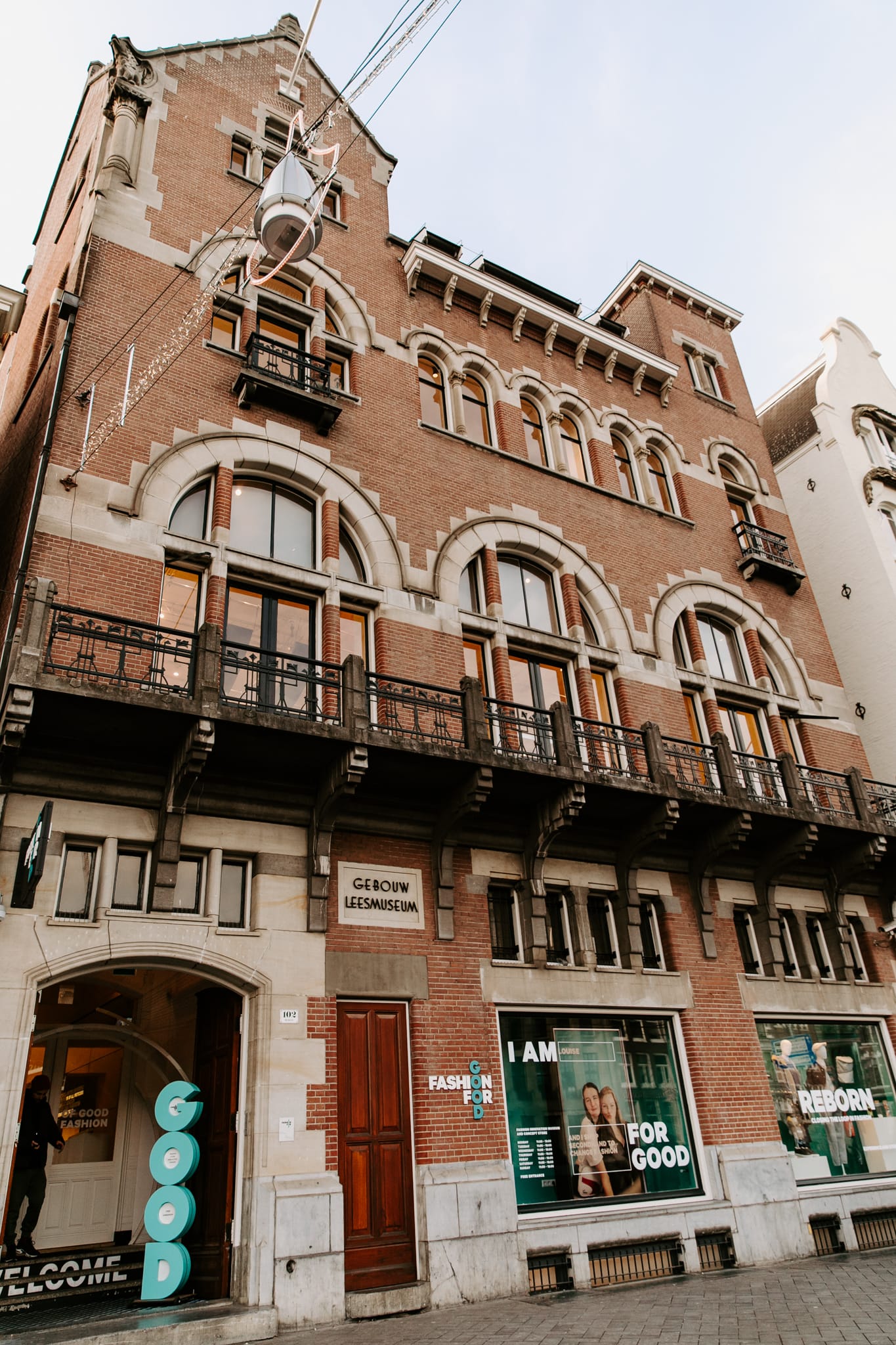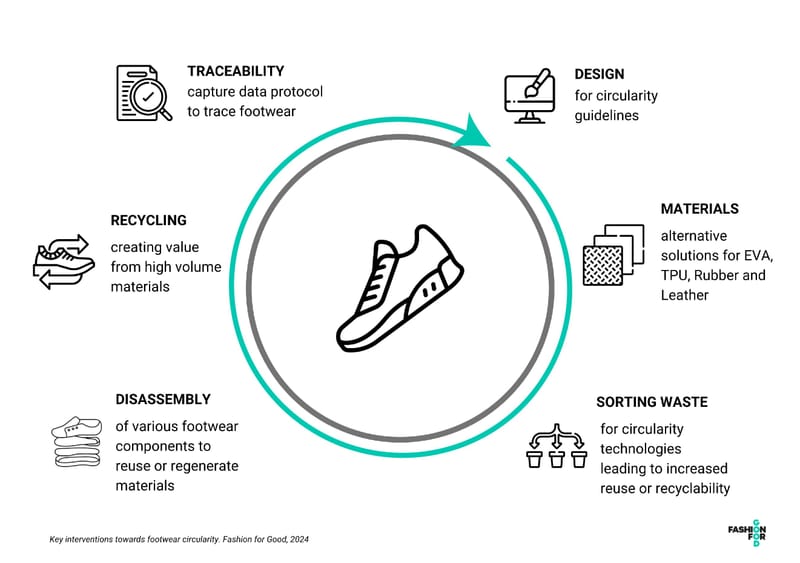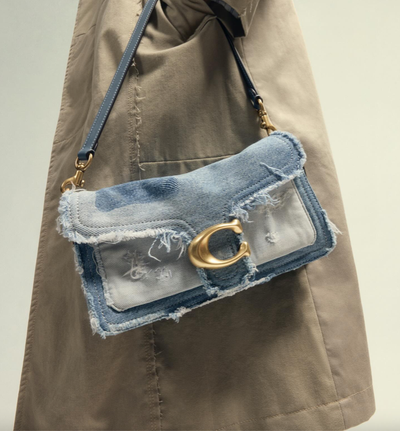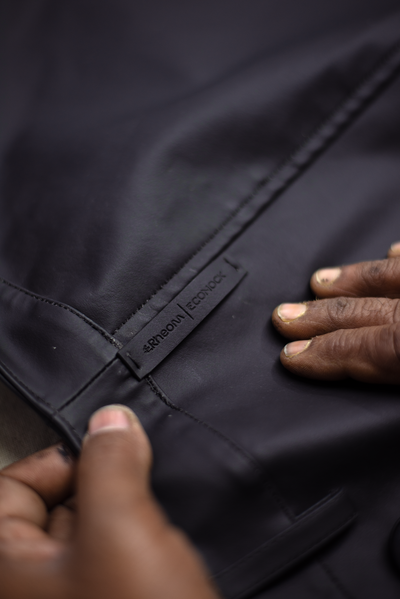Fashion for Good, a leading force in sustainable fashion innovation, has announced the launch of its Footwear Circularity Initiative, a bold step towards reshaping how shoes are designed, produced, and recycled. The initiative is set to address the complex challenges of footwear waste, with the organisation calling on industry-wide collaboration to achieve its ambitious goals.
"Industry-wide collaboration will be vital to overcome the various roadblocks we face in this space. Therefore, Fashion for Good is launching a call for action, asking all relevant innovators to apply and collaborators to join in the movement," the organisation stated.
Each year, approximately 23.9 billion shoes are produced globally, with the majority eventually ending up in landfills. These shoes are typically composed of over 40 different components, ranging from TPU and EVA to PU and rubber, making recycling an intricate and often unviable process. The initiative from Fashion for Good seeks to address these issues by focusing on four key workstreams: design, materials, end of use, and traceability.
Expanding on their extensive experience in scouting and validating sustainable solutions, Fashion for Good will work alongside its footwear-focused partners, including adidas, Inditex, ON Running, PVH Corp., Reformation, Target, and Zalando. This collaborative effort aims to accelerate the diversion of footwear waste from landfills, creating a more sustainable future for the industry.

Katrin Ley, managing director of Fashion for Good, emphasised the importance of innovation in driving change within the industry. "Over the past seven years, we have consistently broken norms across various segments and are now leveraging our expertise to radically reimagine footwear. By doubling down on our efforts, we aim to drive circularity and validate sustainable solutions in a segment ripe for disruption," she said.
The four workstreams underpinning the initiative represent a holistic approach to footwear circularity. The design workstream will focus on defining circular design principles and creating guidelines to build a sustainable infrastructure. In the materials workstream, Fashion for Good will scout and validate sustainable alternatives for key footwear components, aiming to reduce the environmental impact of materials such as TPU, PU, EVA, leather, and rubber.
The end-of-use workstream is dedicated to addressing the post-consumer phase of footwear. This includes developing a comprehensive data set on footwear waste flows, exploring solutions for repair, disassembly, and recycling, and ultimately reducing the volume of shoes that end up as waste. The traceability workstream will lay the groundwork for transparency by establishing a data protocol that tracks the lifecycle of footwear, substantiating sustainability claims with verifiable evidence.
Sigrid Buehrle, SVP of product operations and sustainability at adidas, a key partner in the project, shared her thoughts on the initiative's potential impact. "Adidas has been a partner of Fashion for Good for over six years now. Through this partnership, we have collaborated on a number of different sustainable innovation initiatives that are benefitting the fashion industry. Now we want to build on this know-how and expand our focus into the footwear space," she explained.
Buehrle also highlighted the current limitations in the availability of low-impact, high-performance materials that are scalable, noting that this new initiative could help overcome some of these hurdles. "Currently, there is a limited portfolio of low-impact materials which also meet the necessary performance requirements that are also scalable. We hope this initiative will help overcome some of these hurdles," she added.
As the fashion industry faces mounting pressure to adopt sustainable practices, Fashion for Good's Footwear Circularity Initiative marks a significant step towards addressing the environmental impact of footwear. By bringing together leading brands, innovators, and stakeholders, the initiative aims to transform the industry's approach to circularity, setting a new standard for sustainable footwear production and disposal.






